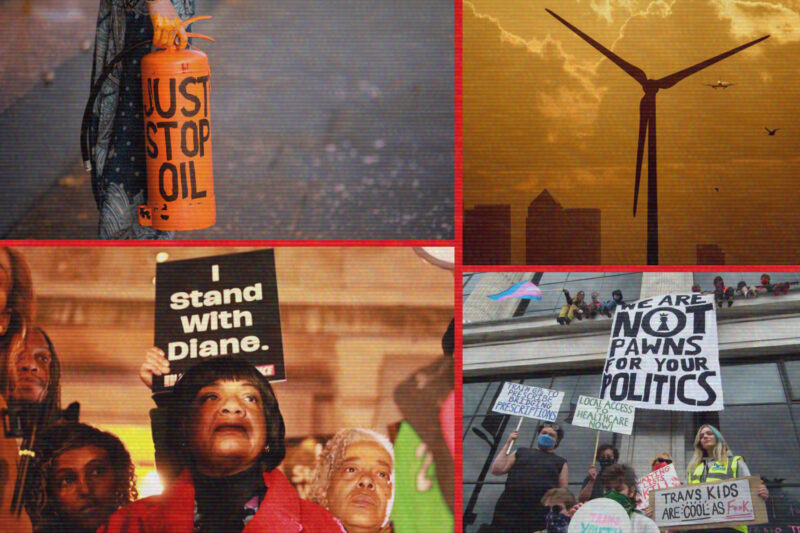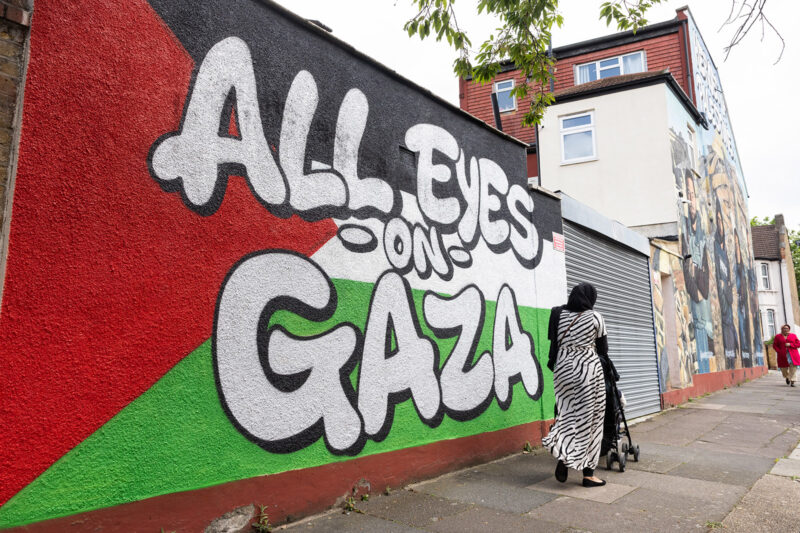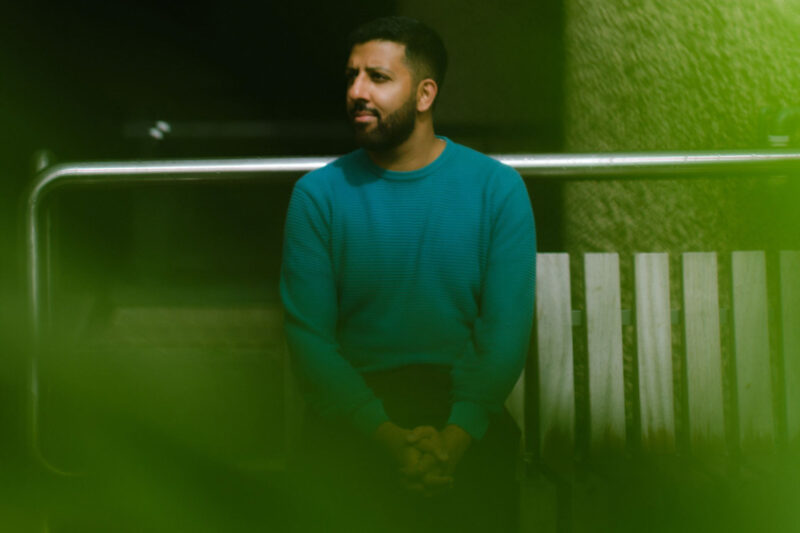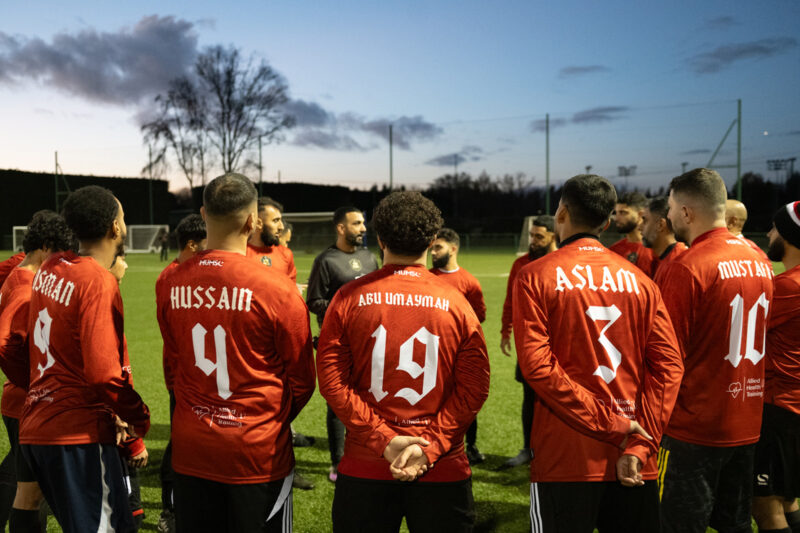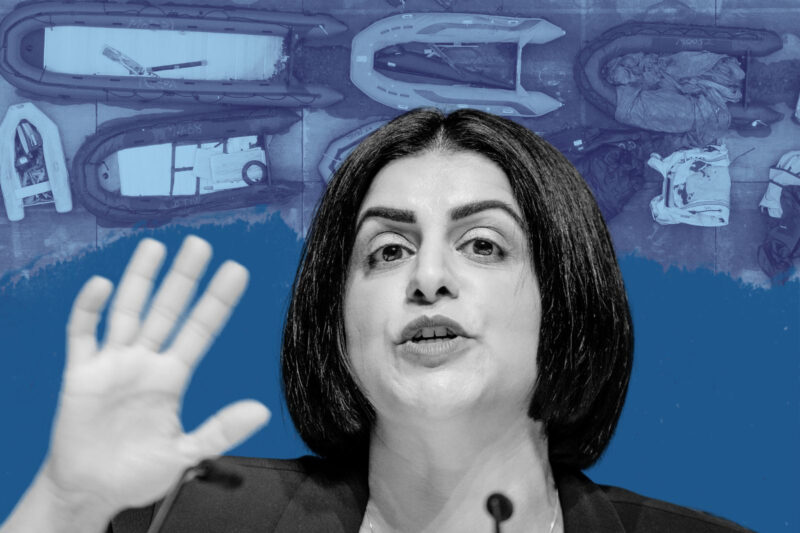British Palestinians face difficult choices amid fragile Gaza ceasefire
Amid a fragile ceasefire, the Palestinian diaspora calls for more help from the government — and reassurance that the world won’t forget the last 15 months
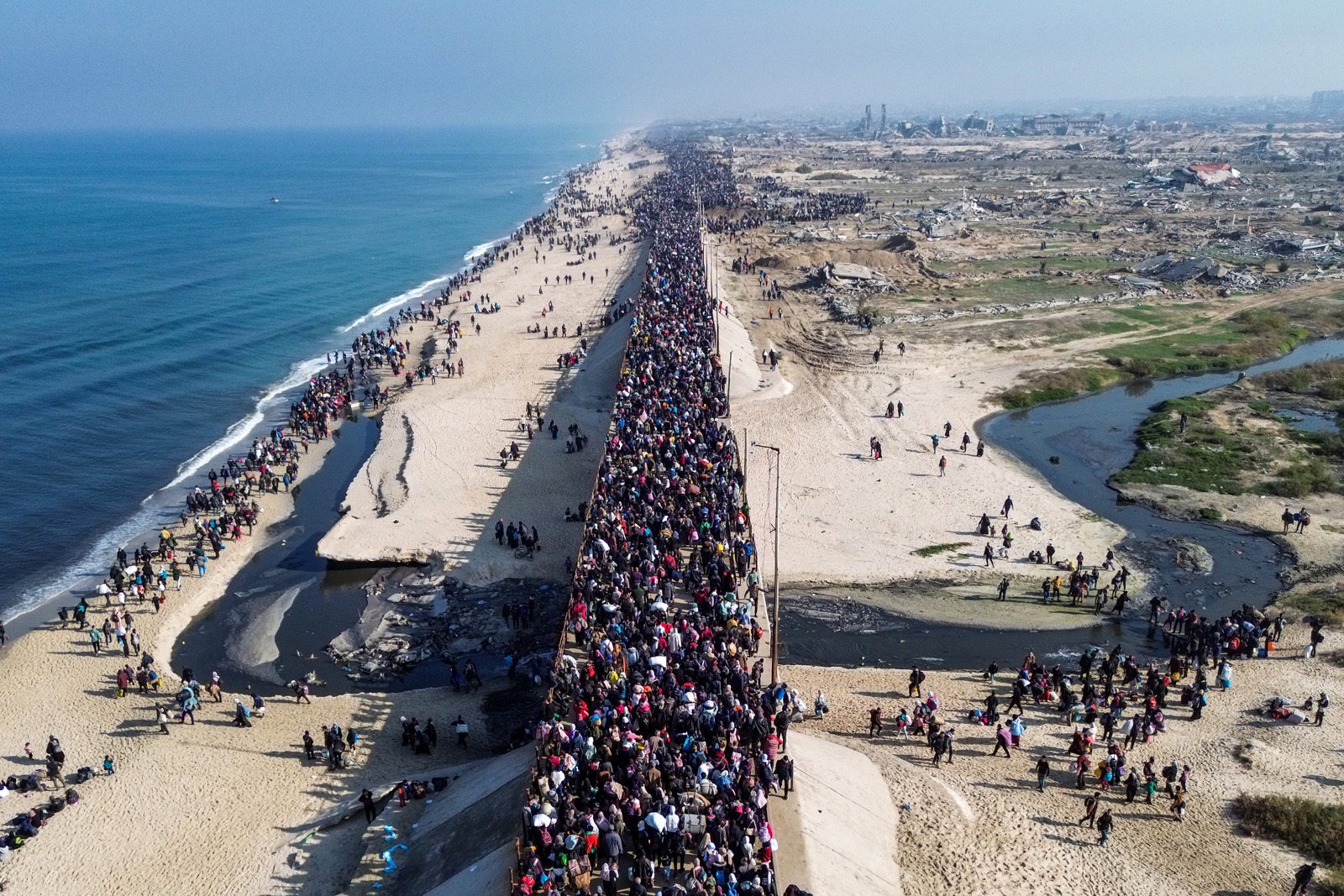
British Palestinians are grappling with whether to join relatives in Gaza, as hundreds of thousands of people in the pulverised territory return on foot to what remains of their homes.
An official ceasefire has been in place since 19 January, with Israeli hostages being exchanged for jailed Palestinians, although Israel has carried out killings in Gaza in the days since.
Newly re-elected US president Donald Trump was accused of greenlighting further violence after he suggested on Sunday that the region should be “cleaned out” and its citizens housed in neighbouring countries — which would breach international law if achieved by force. His comments left British Palestinians who spoke to Hyphen sceptical about the ceasefire’s long-term viability.
Mohammed Ghalayini, an atmospheric scientist who now lives in Manchester, left Gaza to pursue his career in Britain in 2004, returning in September 2023 to visit family. A month later, in the wake of the 7 October attacks and the commencement of Israel’s bombing campaign, he was evacuated south to Khan Younis — first to a friends’ flat with 20 relatives, and then to his grandparents’ house, which has now been destroyed. His British citizenship meant he was eventually able to come back to the UK in December 2023. He still has close relatives in Gaza City and Khan Younis and, in spite of his traumatic experience, said he felt “emotionally” safe there.
“We were facing the challenge of survival together,” he said of the months he spent in Gaza during the conflict. “Coming back [to the UK] was hard because you were leaving people that you cared for behind.
“When I came back, I just threw myself into as much as I could, into doing what I could to support those in Gaza. And I guess I did that through fundraising.”
Ghalayini does have a possible return to Gaza on his mind — but understands he’s unlikely to find a suitable job there, and said he had to prioritise physical and financial safety.
Doaa Abu Amer’s brother, sister, nieces and nephews were killed in an Israeli strike on their Khan Younis home in 2014. She left for the UK four years later. Events in Gaza since October 2023 have brought back harrowing memories of loss for her.
Abu Amer, who lives in Scotland and works in the migration sector, is now desperate to help her mother, siblings, nephews and nieces, who are still in Gaza. She is an advocate for Gaza Families Reunited — a campaign for the British government to introduce a family reunion scheme for Palestinians from Gaza to come to the UK, which was rejected while the Conservatives were in power in 2024. Forty MPs have signed a motion put forward by backbench Labour MP Rachael Maskell backing such a scheme, but the new government has yet to respond.
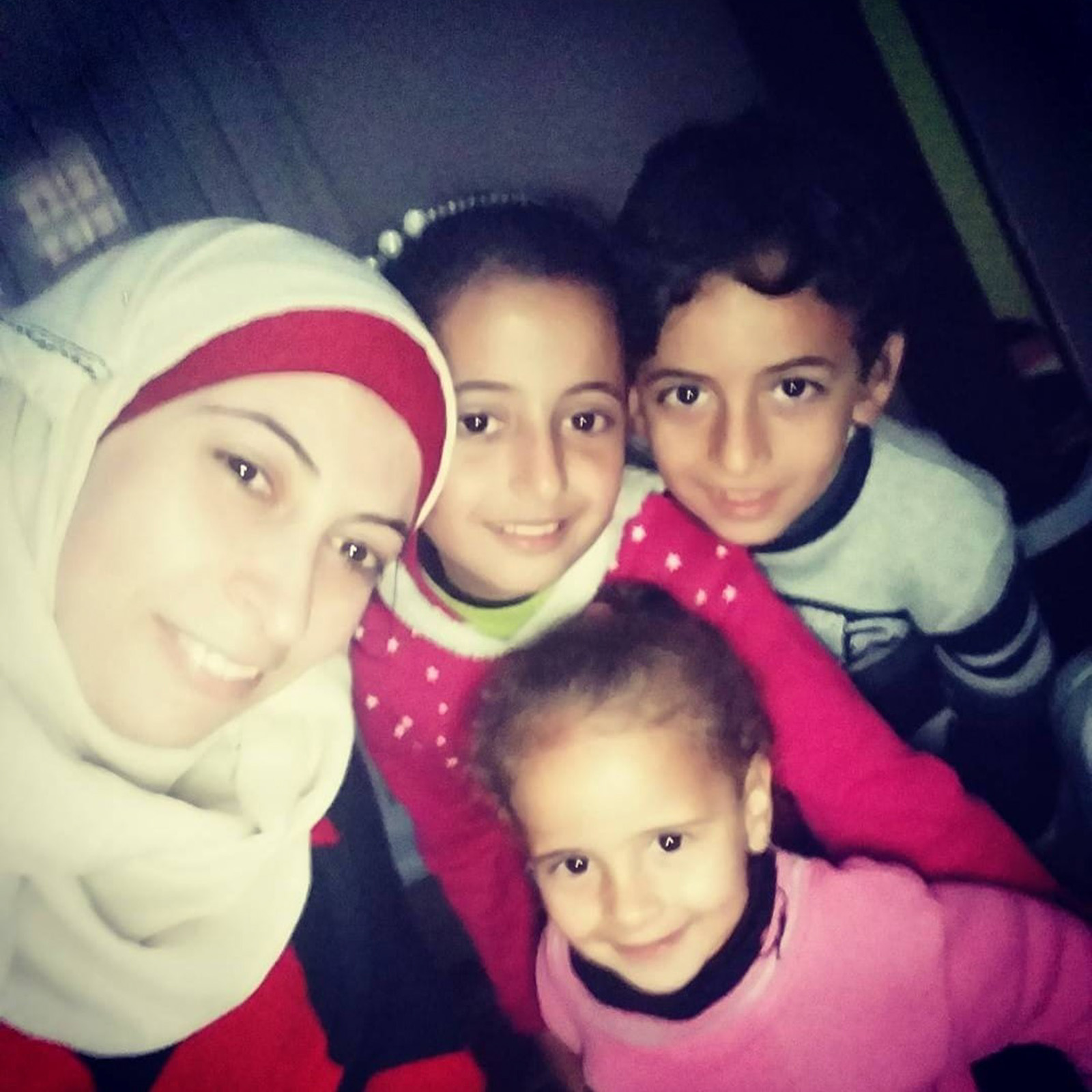
“We’re not asking for families to be here permanently,” said Abu Amer. “It’s just until it’s safe to be returned to Gaza. There’s destruction everywhere — schools, hospitals, infrastructure — and it’s going to take years just taking the rubble out of Gaza.”
Basem Farajallah — now living in London but originally from Jabalia, north of Gaza City — is incensed by what he feels has been constant dehumanisation of Palestinians globally.
Asked if he was relieved by the ceasefire, he said: “Now we’re more stressed, because we are worried that we will be left alone again by the whole world.”
Farajallah has lost almost 40 relatives in the violence. His daughter is in Cairo, having been evacuated from Gaza in March 2024. He said it was “incredibly shocking” to have received no support from the government in his efforts to reunite with her in the UK.
“I hope now the world can see it was genocide happening in Gaza,” he said. “The size of this destruction in Gaza makes it uninhabitable. So it’s a deliberate ethnic cleansing of Palestinians.”
The UN’s special rapporteur on human rights in the occupied Palestinian territories, and more recently Amnesty International, have accused Israel of committing acts of genocide in Gaza. The International Court of Justice, in response to a case brought by South Africa at the start of 2024, did not make a ruling on whether Israel was committing genocide — but did order it to take steps to prevent further harm to the Palestinian people, something Amnesty said a month later Israel had not complied with.
Mohammed Ahmed, a clinical pharmacist, grew up in Gaza and left in October 2021. He is now a research associate studying brain tumours in London.
“Absolutely, we were so happy that a ceasefire finally took place,” he said. “The problem now is that: will it continue?”
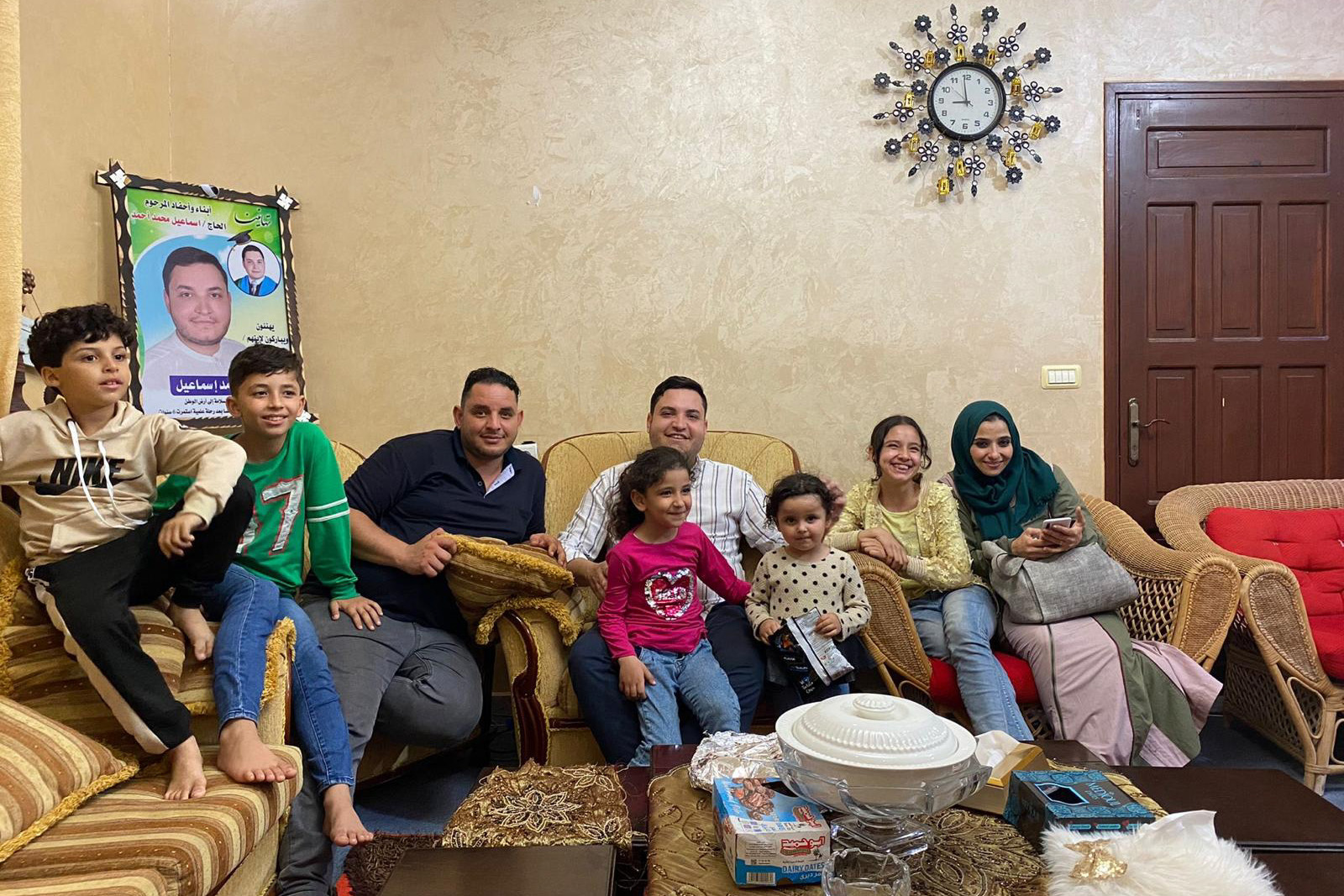
Ahmed’s five-year-old niece Mera Fady Ahmed was killed in an Israeli strike in Khan Younis, and the lack of health facilities meant his other niece lost her left eye after having to wait 20 days for treatment. Now most of Ahmed’s family have managed to leave Gaza — some of them thanks to his own fundraising for travel — he does not feel it would be right for him to return until the region offers permanent safety.
“One of my sisters is planning to go back to Gaza,” he said. “My mum also is trying to convince us. She will say: ‘Oh, my life is in Gaza. I have to go back!’ But some younger people, like my sisters or my brother who lost his child, say: ‘I cannot live in this place any more.’”
 Newsletter
Newsletter



